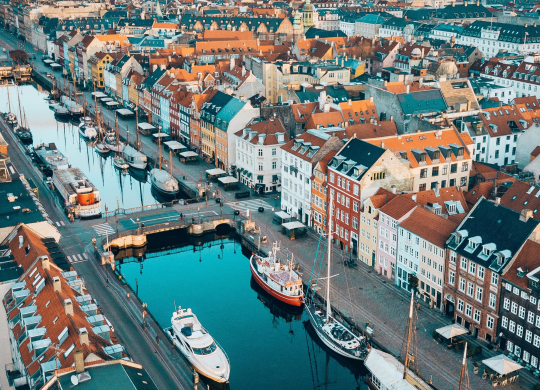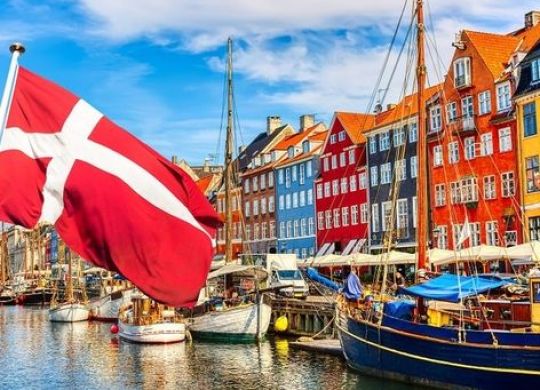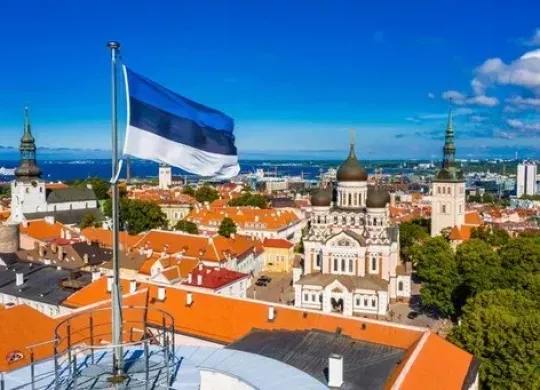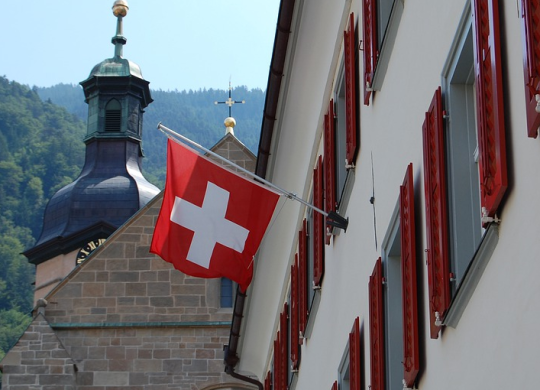How to get Danish citizenship and what privileges await you

How can I become a Danish citizen?
Documents required
Types of residence in Denmark
What are the benefits of living in Denmark?
Recommended articles
3 min
Residence permit
How to get a residence permit in Greece: types of permits and registration procedure
Greece is a European country that attracts expats from different parts of the world. For long-term residence here, a foreigner must have a residence permit. Find out what types of residence permits are available in Greece and what is the procedure for obtaining them
31 Oct. 2024
More details2 min
Employment
Every year, tens of thousands of foreigners apply for jobs in Denmark, as the country offers competitive salaries, a variety of job opportunities and a high standard of living. Find out more about the Danish labor market, the most popular vacancies and the average salary for foreigners in 2025
19 Feb. 2025
More details3 min
Pros & Cons
Estonia is recognized as the most developed Baltic country in terms of economic performance and living standards. It is developing rapidly, and the average salary exceeds 1000 euros per month. Find out more about how to move to Estonia in 2024, the grounds for obtaining Estonian citizenship, as well as the pros and cons of moving
10 Apr. 2024
More details3 min
Residence permit
How to get a residence permit in Switzerland: types of permits available and pathways to citizenship
Switzerland is a popular country among expats, because it guarantees its residents safety, highly developed healthcare and education systems and is a real haven of peace near the main European capitals. Find out what types of residence permits are available to foreigners and what are the paths to citizenship
03 Oct. 2024
More detailsAll materials and articles are owned by VisitWorld.Today and are protected by international intellectual property regulations. When using materials, approval from VisitWorld.Today is required.